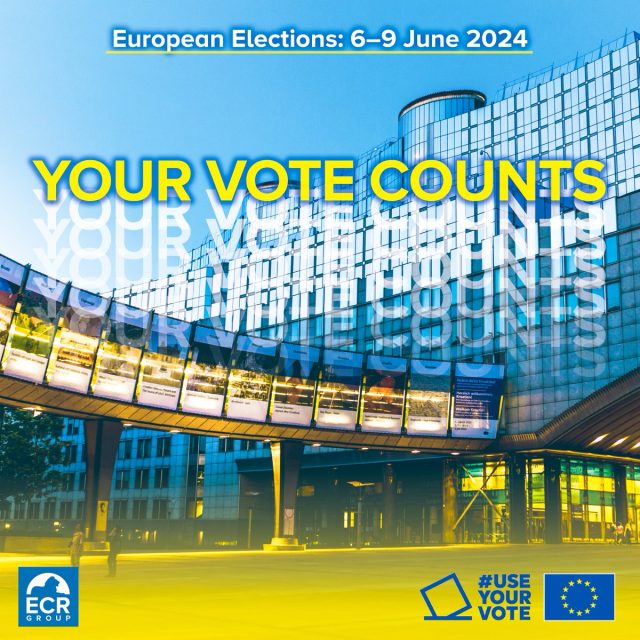
On 11 April, the ECR Party has produced an important survey on opinions towards migration and EU institutions.
The survey shows that there is a deep fracture in opinions regarding who should be in charge for migration control policies. 58% of ECR voters tend to choose Member States authorities, and only one third of ECR voters prefer the European Commission to decide about migration flows (which would mean a change of the EU Treaties).
In contrast, voters regardless of the political group of their preference are split about the European Commission and the Member States respectively managing migration flows by 41% to 40%. Therefore, this lack of agreement confirms that it is prudent not to amend the Treaties in order to grant more power to the Commission for competence on migration issues.
If we delve into a breakdown by country, Italy is the Member State that more widely supports Commission management, with 61% of the population backing management from Brussels. On the other side of the spectrum, Eastern Member States prefer national management by 57%, almost as much as ECR voters.
This is very much in line with an official report conducted by the European Parliament, where, in the case of Spain, 71% of the population feels dissatisfied with the way that the European Union has responded to migration over the past 15 years.
In terms of more general matters -and not just migration-, there seems to be a shaky confidence in the European Union, certainly among ECR voters: 63% of them think that fewer powers should be assigned to Brussels in order to rather reassign them back to the Member States. Among all voters, still 37% of the population thinks the same and only 25% support granting greater powers to the European Union, to be taken away from the Member States.
Once more, the breakdown by country shows differences among different territories: Italy is again the Member State with the highest percentage of population in favour of assigning greater powers to the EU, with 43%. On the contrary, 48% of people in Eastern countries wish that less powers are granted to the EU and are recovered by Member States.
In the case of Spain, 51% of people think that either less powers should be granted to the EU or else the current status quo between EU power and national powers should be maintained. Only 32% of the sample supports a wider shift of power in favour of the Brussels institutions.
This is confirmed by the report conducted by the European Parliament, where 52% of the Spanish population believes that things are going in the wrong direction in the European Union, and only 30% think that they go in the right direction.
With regards to the new European Commission coming out of the June 2024 elections, 40% of total voters prefer a centre-left coalition (Socialists and Democrats, Popular Party and Renew), as it was the case in the past mandate. Only 28% of the sample would prefer a centre-right coalition (European Popular Party, ECR parties and Identity and Democracy parties). Naturally, within ECR voters the preference for a centre-right coalition grows to 68%.
By countries, Spain is the one with a highest preference for the centre-left coalition, with 51%, closely followed by Italy, with 50% – despite the fact that Italy’s national government is paradoxically a centre-right coalition headed by Mrs. Meloni. However, Spain is also the Member State with the highest percentage in favour of a centre-right coalition, with 31%, and Germany ranks second with 30%.
Spain heads together with Italy in the wider general preference for EU institutions’ performance in comparison to Eastern Member States, but the European Parliament’s survey shows at the same time that there are reasons of discontentment within the Spanish population vis-a-vis the Union.
Source of image: ECR Group



 Subscribe
Subscribe